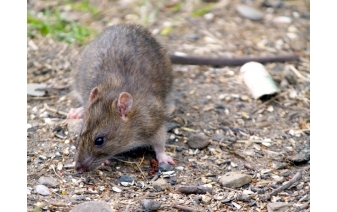
Deer Mouse Diet
People often think of mice as plant eaters, feeding on garden produce or grazing in crop fields. However, as omnivores, deer mice eat a wide variety of foods. This includes seeds, nuts, fruits, and flowers as well as beetles, caterpillars, and carrion. In cold climates, the rodents bury food to store it for winter.
What Do Deer Mice Eat in Homes?
Deer mice have different feeding habits than their domestic cousins. While house mice mostly steal food from indoor sources, deer mice forage for meals both inside and outside. These pests eat from pantries in addition to storing nuts and seeds in homes.
Problems Caused by Deer Mouse Feeding
Contamination
When deer mice eat stored pantry goods, they put residents in danger of disease. The pests’ droppings, urine, and saliva may contain pathogens like hantavirus and Salmonella bacteria. People who consume tainted food products or water are at risk of infection.
Food Caches
While the mere presence of mice is unpleasant enough, the deer mouse diet can create specific issues for homeowners to deal with. Their habit of creating food caches in homes not only creates extra cleanup for residents but also lures other pests indoors. Deer mice typically make many caches and hide them in hard-to-reach areas like wall voids.
Dealing with Hungry Rodents
In late fall, deer mice start creating food stores and begin to enter homes. To deter the pests, be sure to seal any cracks around foundations, vents, or utility lines that allow entry. In addition, keep homes clean and store all pantry items in airtight containers to avoid attracting deer mice.
If prevention tactics fail, call Critter Control to counteract problems caused by the deer mouse diet when these pests infest homes.
